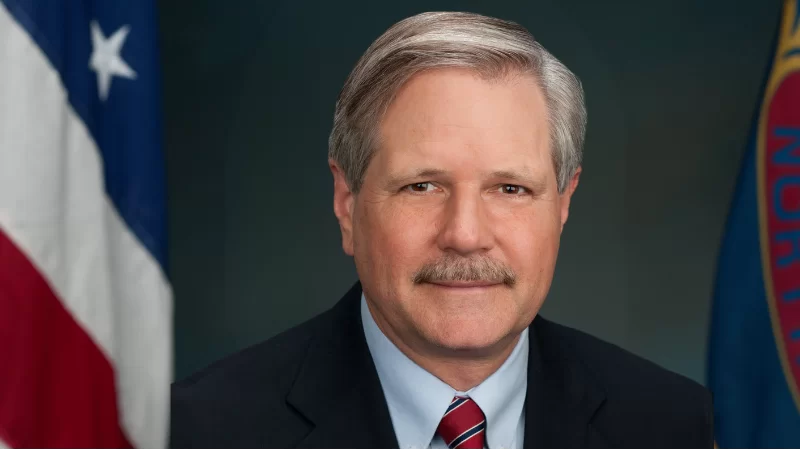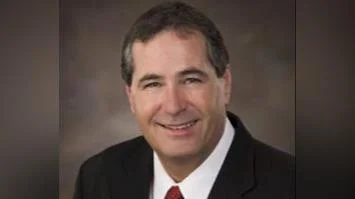Senator John Hoeven, U.S. Senator of North Dakota | Senator John Hoeven Official website
Senator John Hoeven, U.S. Senator of North Dakota | Senator John Hoeven Official website
WASHINGTON – Senator John Hoeven, a member of the Senate Energy and Natural Resources Committee, expressed opposition to the Bureau of Land Management’s (BLM) final Public Lands Rule which aims to overhaul the management of over 245 million acres of taxpayer-owned lands. The rule proposes the establishment of “conservation leases” that would restrict access to federal lands, a move that goes against the tradition of multiple use requirements set by Congress.
In a statement, Senator Hoeven highlighted the significance of federal lands for various purposes, stating, "Congress has mandated that taxpayer-owned lands be available for grazing, energy production, recreation and other uses, which is particularly important in North Dakota and other western states that depend on access to federal lands." He emphasized that the Biden administration's rule would conflict with the established multiple use law.
Senator Hoeven, along with Senator John Barrasso, the Ranking Member of the Energy and Natural Resources Committee, announced their plan to introduce a Congressional Review Act resolution of disapproval to repeal the rule. Hoeven previously took steps to oppose the rule, including submitting language to the Interior Appropriations Bill to prevent the rule's further development, implementation, or enforcement.
Regarding the upcoming legislation, Hoeven stated, "The Biden administration’s public lands rule would lock away federal lands in direct conflict with the longstanding multiple use law, which is why Senator Barrasso and I will introduce legislation to stop this onerous rule."
The efforts by Senators Hoeven and Barrasso reflect concerns over the potential impact of the BLM's Public Lands Rule on the access and utilization of federal lands, particularly in states reliant on such resources for various activities.






 Alerts Sign-up
Alerts Sign-up